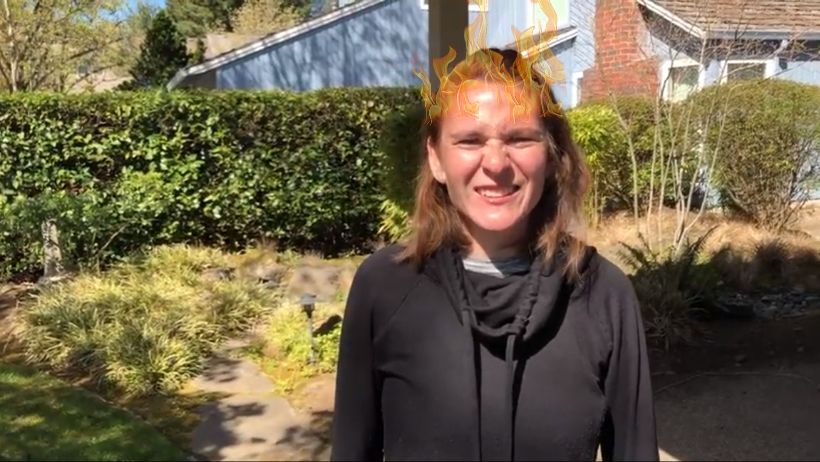How much of your emotional response is automatically written on your face? When I’m angry, embarrassed, or generally uncomfortable, I get flushed. My body temperature seems to go up, and it’s a sensation like I have to put out the fire. But this happens on its own; I can’t control it. I know when it starts because my ears begin to feel hot, and then I know the redness is coming. It’s true – I don’t have a great poker face. I show my colors plainly, and they are red and pink and hot. The good news is this change means I’m processing or working through things. Emotional “fire” can transform people mentally just as actual fire transforms things chemically. Whatever rage or fury I’m feeling in the moment, I know I’ll have the opportunity to think or behave differently and learn from that when it passes.

This transforming and purifying property of fire is mentioned in the Torah too. This week we read the final sections of text from the fourth book of the Torah, Bamidbar. Parshiyot Matot and Masei begin with the discussion of the different vows Israelites might make, and then they detail the requests of the various tribes as they get ready to enter the Promised Land. The chapters end with the final placements of all the tribes as they prepare to divide their land inheritance.
The text talks specifically about the purification of warriors and captives. The methods of purification are similar to what we use today to purify bodies and vessels: water and fire. In Jewish tradition, whether it’s the purification of a deceased body before it goes to burial or the purification of a living body in the cleansing waters of the mikveh (ritual bath) we still follow this procedure. And now, as we try to prevent the spread of disease, water and hand washing in particular are on our minds and more important than perhaps they have ever been.
Judaism also purifies with fire. Any item that can withstand the heat is to be passed through fire on its way to becoming pure or neutral. This is the ritual we still use for kashering (making kosher) cooking tools.
Whether we’re transforming a pot from dairy use to meat use or transforming ourselves from passive to actively engaged, heat is an agent of change. I might not enjoy having my ears turn red, but it usually means I need to check myself, possibly tread carefully, and grow from that experience. Shabbat shalom.



